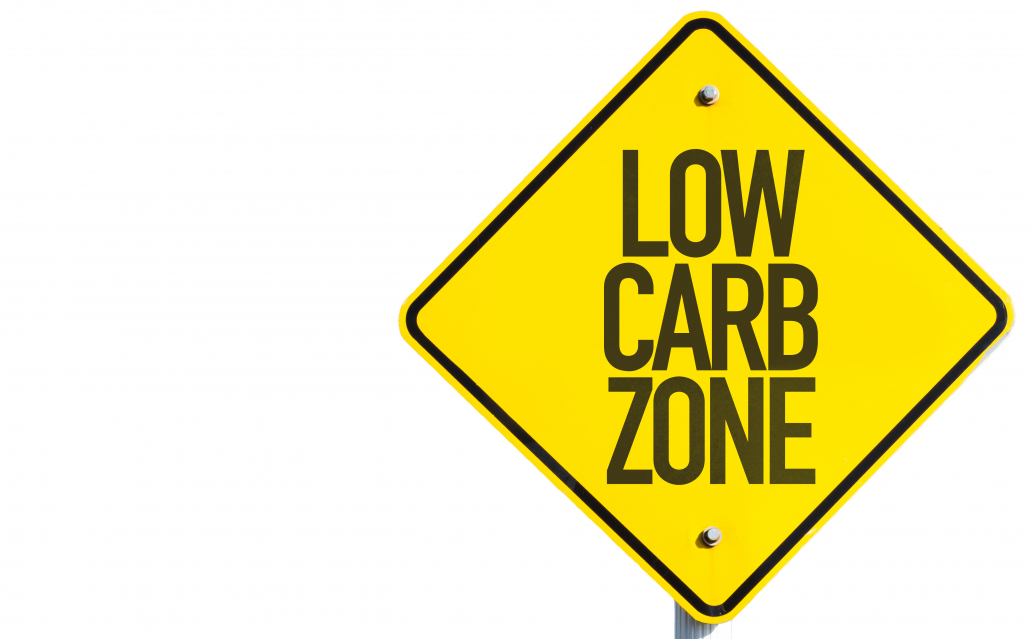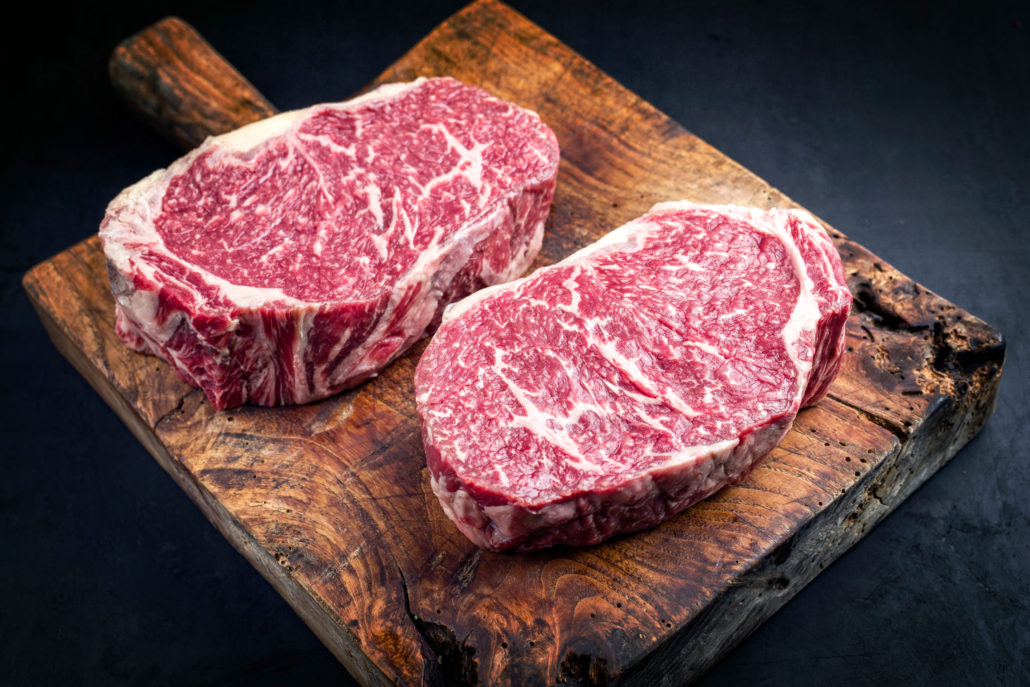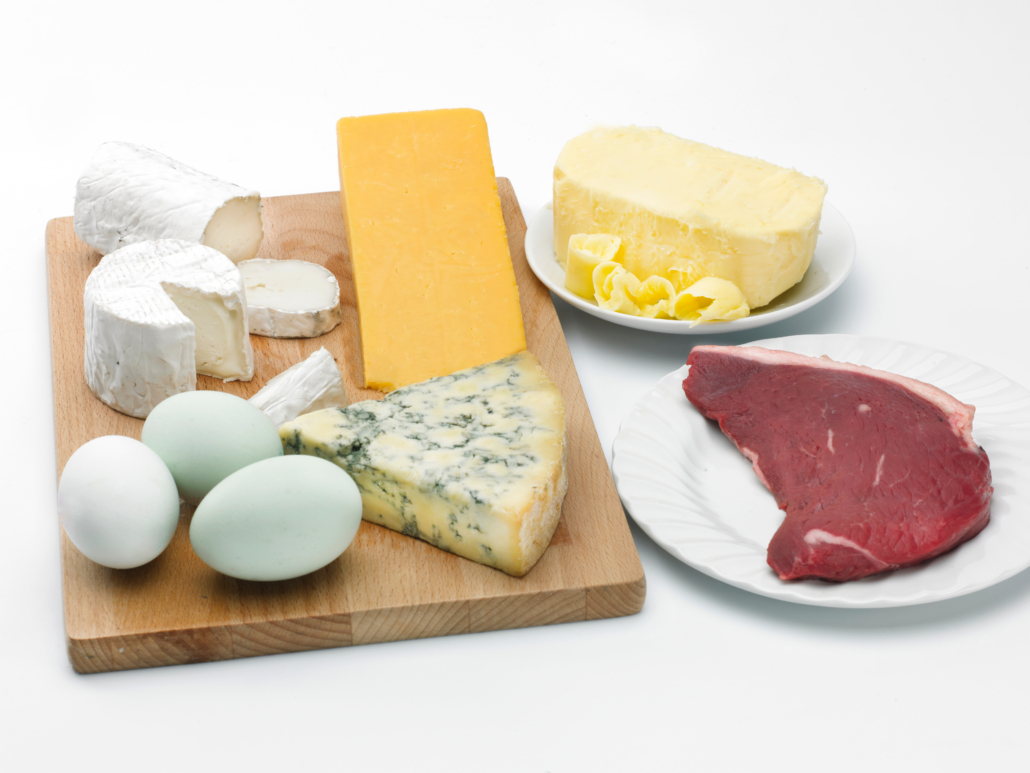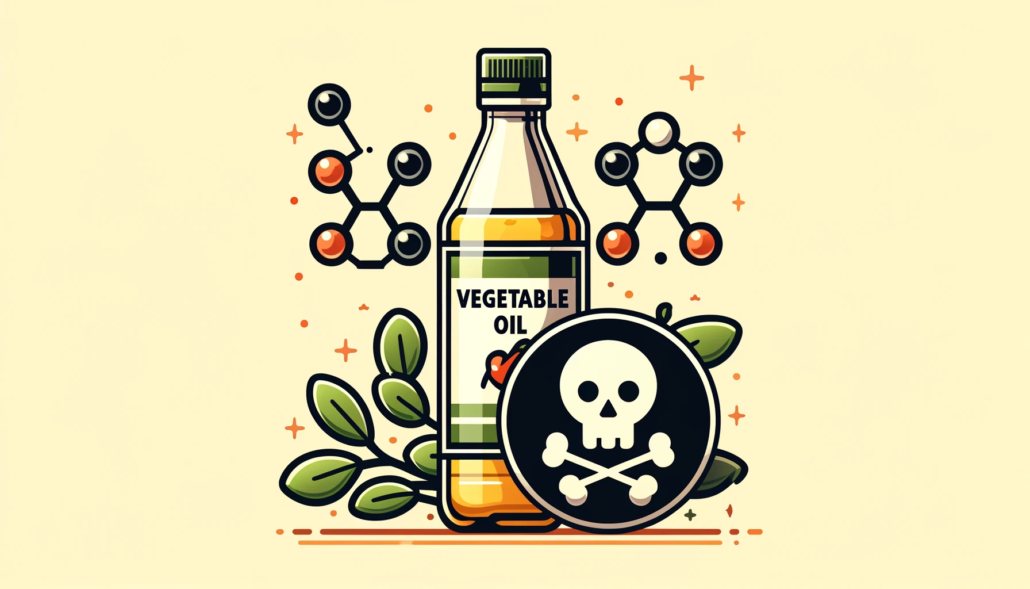We include products in articles we think are useful for our readers. If you buy products or services through links on our website, we may earn a small commission.
What is Lazy Keto: Benefits, Drawbacks, Solutions

The standard ketogenic diet calls for specific macronutrient percentages for fat (75-80%), protein (15-20%), and carbs (5-10%). But lots of people don’t subscribe to the idea of counting calories or other nutrient specifics. If that sounds like you, a “lazy keto” diet may be for you.
A lazy keto diet simply means cutting out most carbs. So if you don’t track macros but avoid nearly all carbs, you could call your diet “lazy” keto.
On lazy keto you still aim for a diet of whole foods like keto meats, eggs, full-fat dairy, and some low-carb veggies for those not practicing a carnivore diet.
Sometimes lazy keto is confused with “dirty” keto where you can eat junk like fast-food burgers without the bun. But lazy keto generally eliminates junk and processed foods.
The idea behind lazy keto is that it’s all about convenience, but it may have some major benefits due to its carnivoristic nature and avoidance of more plant toxins and antinutrients than a standard keto diet.
Because of this, it’s picking up in popularity. Let’s take a deeper dive into what lazy keto is, and its possible benefits and drawbacks.
Table of Contents
What is the Lazy Keto Diet?
Lazy keto can be defined as consuming less than 30 grams of carbs per day without tracking fat, protein, or calories.
This approach is appealing to those of us (most of us, if we’re honest) who don’t want to micromanage the protein and fat we’re consuming in every meal.
If you simply want to reduce carbs then lazy keto might work for you. But there are a few key points to consider when it comes to safety and sustainability.
Things to Watch out For on Lazy Keto
Simply cutting carbs without being mindful of your fat and protein intake can cause some problems if you don’t center your diet around fatty keto meats, fatty fish, keto seafood, and healthy keto fats.
Protein Poisoning
When you get more than 35% of your calories from protein, you can subject your body to a condition called ‘protein poisoning.’
Protein poisoning occurs when your body wears out its ability to upregulate urea synthesis needed to process very high amounts of protein.
Symptoms of protein poisoning include [1]:
- Hyperaminoacidemia–excess amino acids in the bloodstream
- Hyperammonemia–excess ammonia in the bloodstream that can lead to brain damage
- Hyperinsulinemia–excess insulin in the bloodstream leading to hormone imbalances and type-2 diabetes
- Nausea
- Diarrhea
- In rare cases, death
How to Protect Against Protein Poisoning: Fatty Meats
The most effective way to protect against protein poisoning when practicing lazy keto is to simply chose fatty cuts of meat, and add a couple tablespoons of butter, tallow, or coconut oil to your meals.
Centering any low-carb high-fat diet around fatty meats will essentially eliminate the need to count macros.
The following list of fatty keto meats can steer you in the right direction:
| Ranking | Keto Meat | Calories | Fat | Protein | Carbs | %Calories from fat | % Calories from protein | |
| #1 | Ribeye steak | 310 | 25 | 20 | o | 73% | 26% | |
| #2 | Pork Belly | 588 | 60 | 10.4 | 0 | 92% | 7% | |
| #3 | Rack of lamb | 330 | 22 | 30 | 0 | 63% | 37% | |
| #4 | Sweetbreads | 356 | 33.6 | 14.6 | 0 | 82% | 18% | |
| #5 | Chicken Wings | 320 | 22 | 30.4 | 0 | 62% | 38% |
Chronic Hunger Leading to Stress Hormone Cascade
Fat is the most calorie-dense and satiating food on earth. It digests slowly, and when consumed in the absence of carbs, provides an abundance of powerful energy molecules called ketones.
Fatty foods also provide vital fat-soluble vitamins A, D, E, and K.
When you cut carbs without eating enough fat, your body will likely feel deprived. Prolonged energy deprivation can result in a cascade of stress hormones that trigger your body to turn protein into carbohydrates, to become insulin resistant, and to turn the excess blood sugar into fat that’s stored on the body [2][3].
Essentially, if you cut carbs and don’t eat fat you’re signaling to your body that you’re starving and it will do what it can to conserve energy.
How to Avoid Chronic Hunger and Stress Hormones on Lazy Keto
Fortunately, there’s an easy solution–eat more fatty foods! Again, you won’t have to count macros if you center your diet around fatty whole foods and healthy fats.
These tried-and-true keto foods will keep you thriving on lazy keto:
- Keto meats like ribeye steak, lamb, and pork
- Fatty fish like mackerel, anchovies, salmon
- Organ meats like beef liver and kidney
- Eggs
Healthy keto fats that will help you to not feel hungry on keto include:
For a complete list of what you can eat on a keto diet, click here.
Omega-6: Omega-3 Imbalance
Eating a lot of fat on keto is not enough. The type of fat matters, a lot!
Humans evolved on a diet that contained a 1:1 ratio of omega-3 and omega-6 fatty acids. But the standard American diet high in industrial vegetable and seed oils creates an 1:15 imbalance [4].
This matters because omega-6 oils are associated with chronic inflammation, autoimmune diseases, and heart disease [4][5][6].
Chronic inflammation is likely the root cause of the so-called “diseases of civilization” including osteoporosis, heart diseases, type-2 diabetes, and various cancers. These diseases are associated with ‘civilization’ because they are essentially non-existent in traditional cultures. They are therefore strongly associated with modern diet and lifestyle [7][8].
One way to target a likely source of chronic inflammation on lazy keto is to replace vegetable oils with whole food fats. 10 healthy keto fats include:
- Tallow
- Lard
- Coconut Oil
- Ghee
- Butter
- Cheese
- Creme Fraiche
- Full Fat Yogurt
- Avocado
- Olive Oil
Missing out on Vital Nutrients
When cutting out carbs on lazy keto you’re eliminating a lot of foods, so it’s important to have a plan to replace those lost nutrients.
Fortunately, you don’t actually need a variety of foods to get an abundant and complete variety of nutrients. The nutritional dogma of eating many different foods is simply wrong.
Our ancestors thrived on relatively few nutrient-dense foods, mostly sourced from animals.
On lazy keto you can stay lazy when it comes to tracking micronutrients by focusing on the healthiest foods, and the most nutrient-dense foods on earth. These foods include:
Supplement with Grass-Fed Organ Meats
Grass-fed organ meats are natural multi-vitamins, but they can be hard to access and even more challenging to pallet for many people.
You can still get all the nutritional benefits of nose-to-tail eating from quality organ meat supplements.
Lazy Keto: The Takeaway
The mainstream approach to lazy keto diet means simply cutting carbs to less than 30 grams a day without counting all other macro and micronutrients and calories.
Though this approach is gaining in popularity, it does have some serious potential problems including:
- Protein poisoning
- Stress hormone cascades
- Omega-3:6 imbalances
- Nutrient deficiencies
Fortunately, there is a safe and effective way to practice lazy keto. All it requires is centering your diet around fatty animal foods.
When you’re eating an abundance of nutrient-dense whole foods like ribeye steak, beef liver, eggs, pork, full-fat dairy, and fatty fish augmented with butter and tallow you won’t have to count nutrients.



















